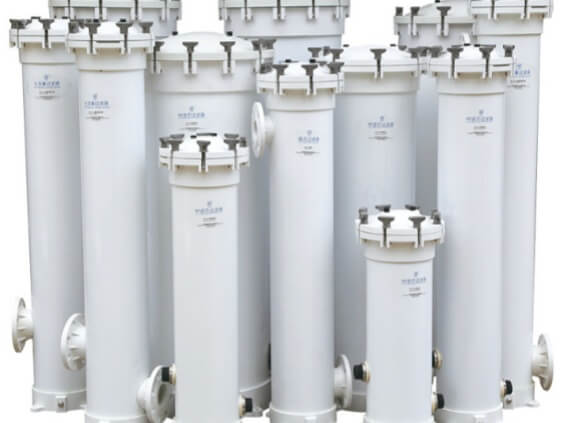2025-06-11 Share:
The water and wastewater treatment industry is witnessing a significant shift towards Fiber Reinforced Plastic (FRP) filters, driven by their superior durability, corrosion resistance, and long-term cost savings compared to traditional metal alternatives. Industry experts highlight FRP's advantages in tackling challenging industrial processes and municipal water purification.
1. The cylinder adopts fiberglass winding technology, which is corrosion-resistant, high-pressure resistant, and leak resistant.
2. The internal structure is novel and reasonable, with a sealed support at the lower end and installation guidance, and a positioning encrypted sealing box at the upper end with a fastening nut to adjust the sealing degree.
3. All components are molded from fiberglass, which is resistant to high pressure, corrosion, and has no leakage.
4. The installation party adopts a manual lifting ring opening method, which can be operated without any tools during the installation and replacement of the filter element.
5. There is structural guidance and automatic alignment during the installation of the filter element, which is simple and convenient.
6. The surface adopts baking paint technology, which is beautiful and elegant, environmentally friendly materials, and adjustable color.
Key FRP Filter Advantages vs. Steel:
| Feature | FRP Filters | Traditional Steel Filters |
|---|---|---|
| Corrosion Resistance | Exceptional | Requires coatings/protection |
| Lifespan | Decades (often 20+ years) | 10-15 years with maintenance |
| Maintenance Needs | Very low | Regular inspection and upkeep |
| Weight | Lightweight (easy installation) | Heavy (complex installation) |
| Total Cost of Ownership | Lower long-term | Higher maintenance/replacement costs |
| Chemical Resistance | Excellent across broad range | Limited without special alloys |
